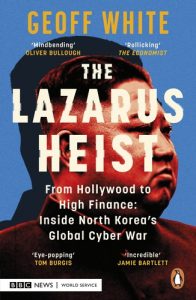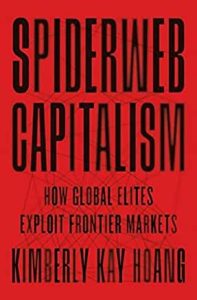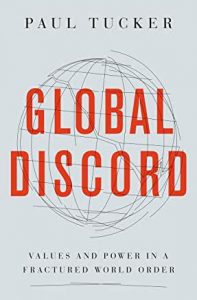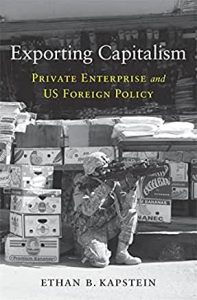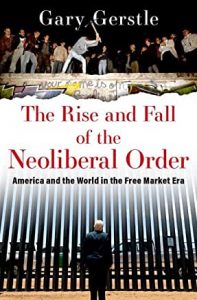The Larazus Heist by Geoff White is a fascinating exposition of North Korea’s role in unleashing large-scale hacking and cybercrime on the world, in its efforts to bypass sanctions and bring in money to the benighted (literally) country. The subtitle spells it out: From Hollywood to High Finance: Inside North Korea’s Global Cyber War. The author is an expert cybercrime journalist, which ensures the book is a cracking read. An early chapter describes the 2014 ransomware hack of Sony Studios, which had started trailing a movie portraying Kim Jong Un in unfavourable light. But the crimes reported are mainly about the intersection between hacking and the banking system, and organised crime, because the money has to be laundered and conveyed to North Korea or at least to places the regime can spend it. So as well as an elite computer hacking corps, the book describes the process of laundering cash through Macau casinos, or Sri Lankan charities, withdrawing notes from ATMs in central India, and trucking tonnes of cash around the Philippines. And then there’s crypto, the land where grift meets large-scale crime.
Apart from the book being a terrific read, what conclusions to take away? That too few people have really internalised the advice not to open email attachments or click on links. That the mesh of banking regulation increases the burden on the honest without much hindering the criminals. That economists/finance folks pay far, far too little attention to the criminal economy (one consequence of the profession’s laziness in studying only data that can easily been found online – looking at small questions with cool econometrics where the lamp happens to be shining, rather than the big, important questions). And that everybody should be very worried about cybersecurity. I learned so much from the book about the vulnerability of everyday life to online attacks from a hostile state like North Korea – and no doubt the other obvious potential attackers. The Wannacry impact on the NHS is a sobering example.
Finally, the book is co-published between Penguin and the BBC; the World Service hosted The Lazarus Heist podcast. In this maelstrom of misinformation we live in, the BBC is more important than it has ever been.

